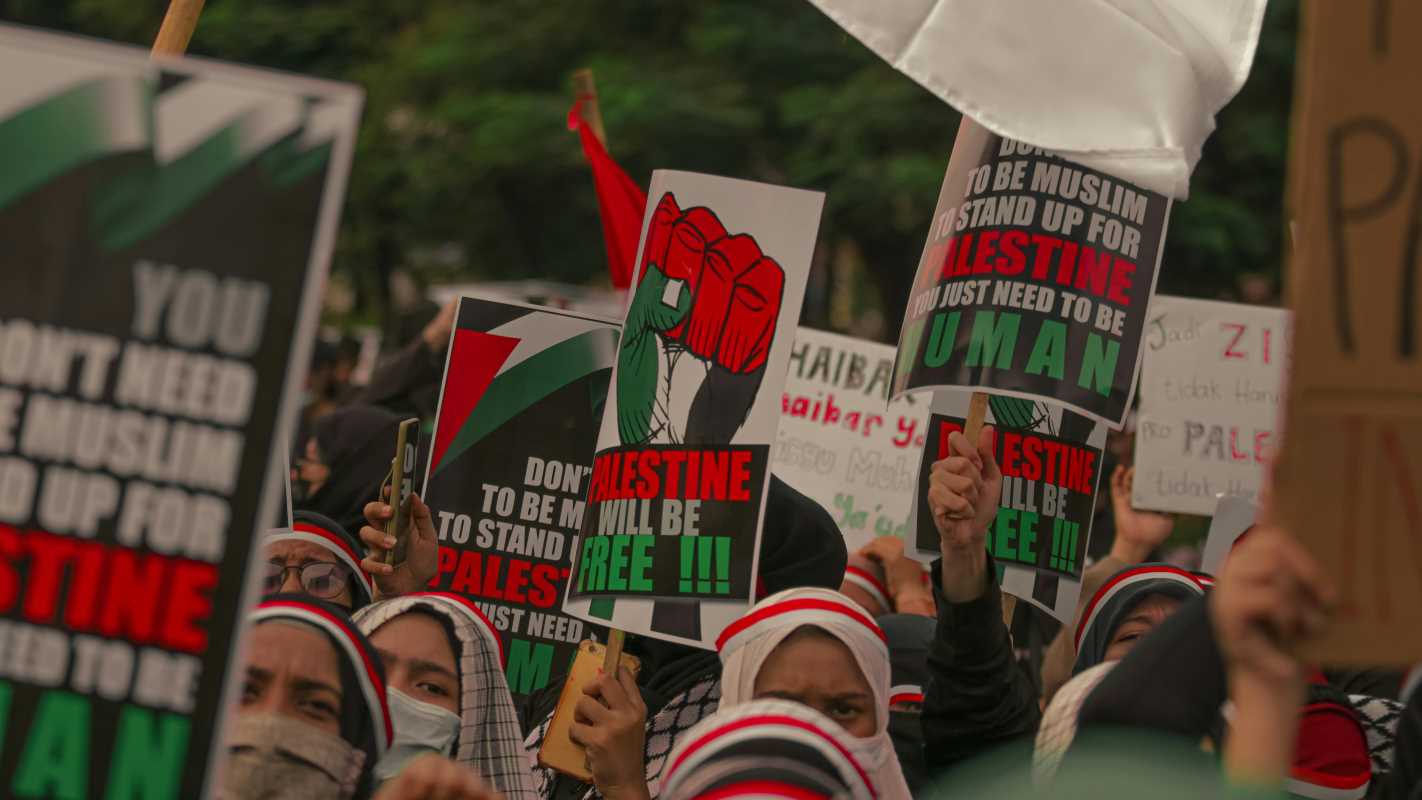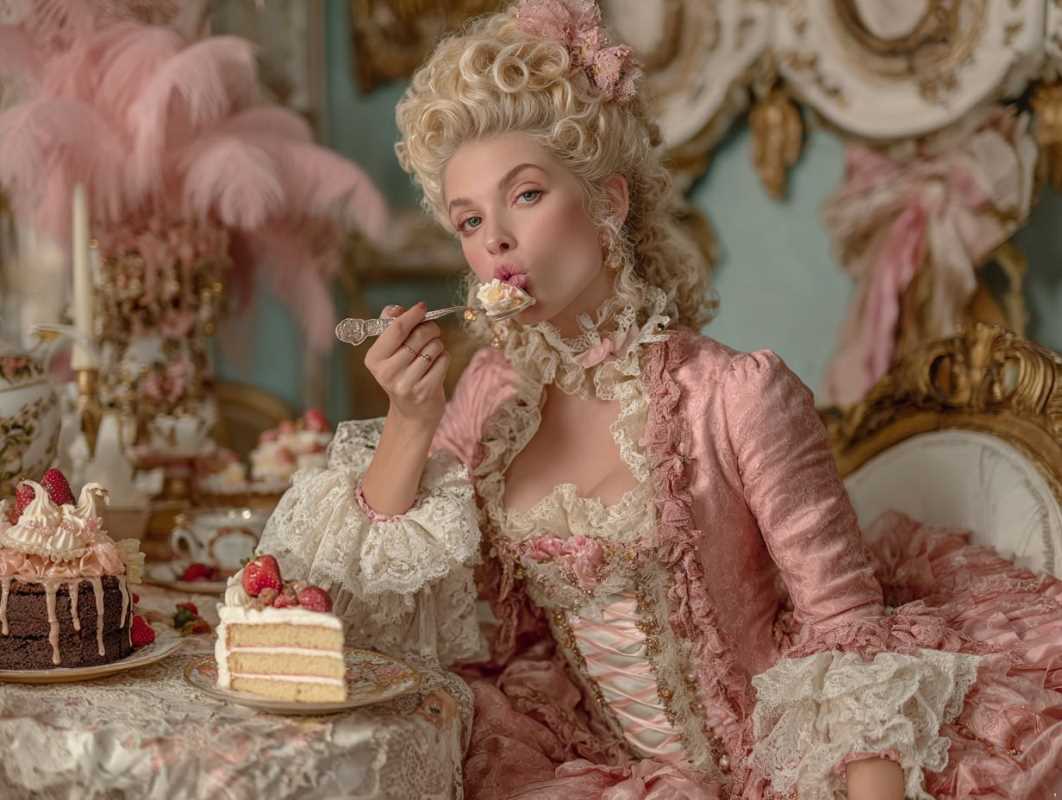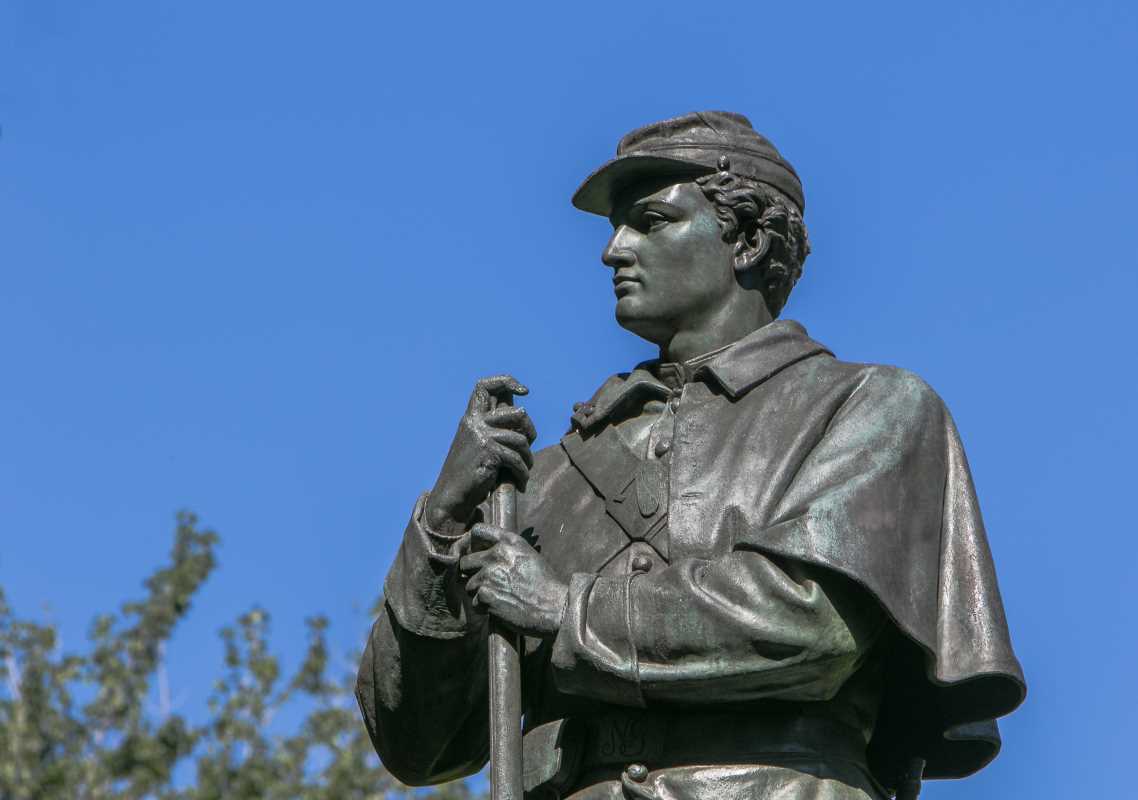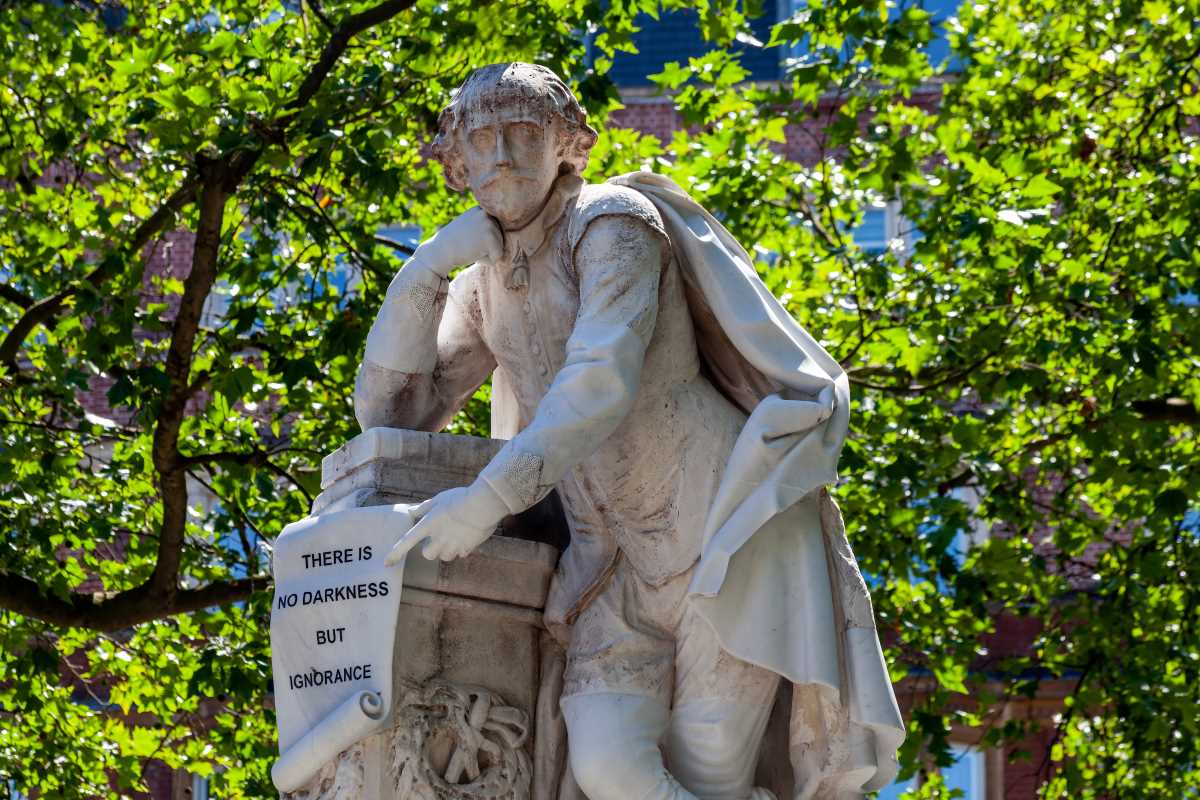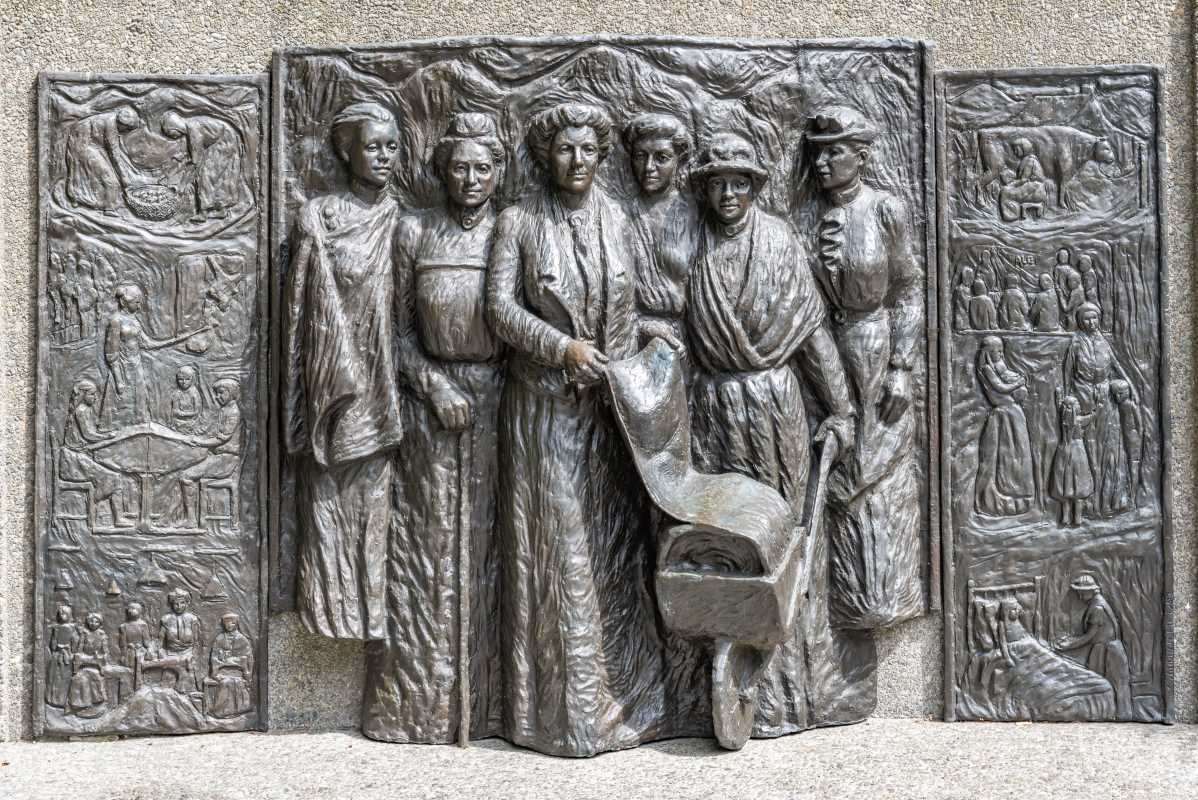Education has always been a hot topic in America, sparking debates about what should and shouldn’t be taught in schools. One of the most famous clashes happened almost a century ago during the Scopes Trial in 1925. Known as the "Monkey Trial," this court case wasn’t just about one teacher in Tennessee; it put the nation's views on science, religion, and education under a microscope. The trial became a symbol of the deeper battle between tradition and progress, a struggle still alive in modern education debates.
From controversies over teaching evolution to disagreements about how to handle topics like history, climate change, and even sex education, the Scopes Trial’s legacy runs deep. Understanding this landmark case helps us see why battles over what kids learn in school are far from over.
What Was the Scopes Trial?
The Scopes Trial centered on a high school science teacher named John T. Scopes, who was accused of breaking Tennessee law by teaching evolution. At the time, a state law called the Butler Act made it illegal to teach anything that contradicted the biblical account of creation. Scopes decided to challenge the law, setting off a case that gained national attention.
The trial wasn’t just about a specific classroom lesson. It turned into a theatrical showdown between two famous lawyers. Clarence Darrow, known for defending progressive causes, represented Scopes. William Jennings Bryan, a three-time presidential candidate and outspoken defender of religious values, argued for the prosecution. The courtroom wasn’t just full of local townspeople but also reporters, academics, and even comedians. The whole nation tuned in, eager to see who would win.
The Debate Between Science and Faith
The Scopes Trial was about much more than one teacher or one law. It highlighted a growing divide in American society. On one side were people who believed education should focus on science and facts, even if those facts contradicted traditional beliefs. On the other side were those who thought schools should uphold religious and moral teachings.
Evolution, the idea that humans and other species developed over time through natural selection, was at the heart of the issue. To some, this scientific theory represented progress and intellectual freedom. To others, it was an attack on religious faith and biblical teachings.
The back-and-forth arguments in the courtroom echoed this division. Darrow made a passionate case for reason and academic freedom, while Bryan defended the right of communities to set moral standards for their schools. The result wasn’t just a courtroom decision but a cultural turning point.
The Verdict and Its Impact
Ultimately, Scopes was found guilty and fined $100 (a large sum back then), but the trial’s larger effects went far beyond that. For supporters of evolution, the trial showed the risks of letting outdated laws dictate education. For religious conservatives, it strengthened their belief in fighting to keep moral values in the classroom.
Even after the trial, evolution remained a controversial topic in schools for decades. It wasn’t until the 1960s that the Supreme Court struck down laws like the Butler Act, officially allowing evolution to be taught in public schools across the country. But the cultural battle over what belongs in science textbooks was far from over.
The Ongoing Battle
The Scopes Trial was just the beginning. Fast forward to today, and the debates over education policy are as charged as they were in 1925. Whether it’s evolution, history, or health education, what gets taught in public schools continues to spark fierce arguments.
The Evolution Debate Continues
Even though it’s legal to teach evolution now, it still faces pushback in some places. Over the years, ideas like "creationism" and "intelligent design" have been proposed as alternatives, with the argument that they represent other perspectives students should learn about. These efforts have led to more court battles, and judges have repeatedly ruled that teaching religion in science classes violates the Constitution.
Still, the tension persists. School boards, parents, and politicians often argue over how evolution should be discussed, if at all. The Scopes Trial set the stage for these debates, which today continue to pit science against personal belief systems.
History and Culture Clash in the Classroom
What we teach about history has also become a battlefield. Whose stories get included in the curriculum? How do we handle sensitive issues like slavery, racism, and women’s rights? These questions often lead to heated discussions.
Some argue that history classes should focus on presenting hard facts, even if they’re uncomfortable. Others believe teaching certain perspectives can create bias or division. For example, debates over teaching about systemic racism or critical race theory echo the same kind of cultural tug-of-war that made the Scopes Trial so dramatic.
Climate Change and Environmental Science
The debate over evolution isn’t the only science-related education battle today. Climate change has become another controversial topic, with some groups opposing its inclusion in science curricula. Critics argue that teaching about climate change could be politically charged, while supporters say it’s essential to preparing students for the challenges of the future.
Like the discussions about evolution, this conflict reflects deeper concerns about whether schools should focus on universally accepted scientific theories or tailor curricula to specific community values.
Sex Education and Parental Rights
The debate over sex education in schools remains one of the most polarizing issues in modern education policy. At the center of this conflict is the question of how to balance comprehensive education with respect for cultural, religious, and parental values. While some schools promote inclusive curriculums that address contraception, consent, and LGBTQ+ topics, others favor abstinence-only education or avoid the subject altogether.
Adding to the divisions is the heated discussion over LGBTQ+ and transgender topics in classrooms. Advocates of comprehensive sex education argue that lessons about sexual orientation, gender identity, and diverse relationships are essential for fostering acceptance and reducing bullying. On the other hand, critics worry that these topics clash with traditional family values or are inappropriate for young learners. For transgender students, battles over inclusive policies extend beyond education to issues tied to bathrooms, sports, and equal recognition.
This ongoing push and pull raises broader questions about control over school curriculums. Should parents have the final say in shaping their children’s education? Or should schools and governments prioritize public health, inclusivity, and preparing students for a diverse society?
The Role of Politics and Beliefs
Behind every education policy debate lies a deeper question of power and values. The Scopes Trial was a perfect example of this, as it pitted religious communities against progressive thinkers. Today, education policy still mirrors larger political divides.
Local school boards, state officials, and even the federal government all have their say in what gets taught, which often leads to clashes. A curriculum decision in one state can look completely different in another, reflecting the unique beliefs of its residents. This diversity is one of America’s strengths, but it can also make education a contentious issue.
Education policy dictates what young minds learn, shaping how future generations think and make decisions. That’s why these battles are so heated. They’re not just about textbooks; they’re about values, truth, and the type of society we want to build.
Looking back at the Scopes Trial reminds us how central education is to these struggles. It also shows that while the topics may change—from evolution to climate change to history—the core questions remain the same. Who decides what kids are taught? How do we balance facts and beliefs? And how can we create classrooms that reflect both knowledge and inclusivity?
 (Image via
(Image via
